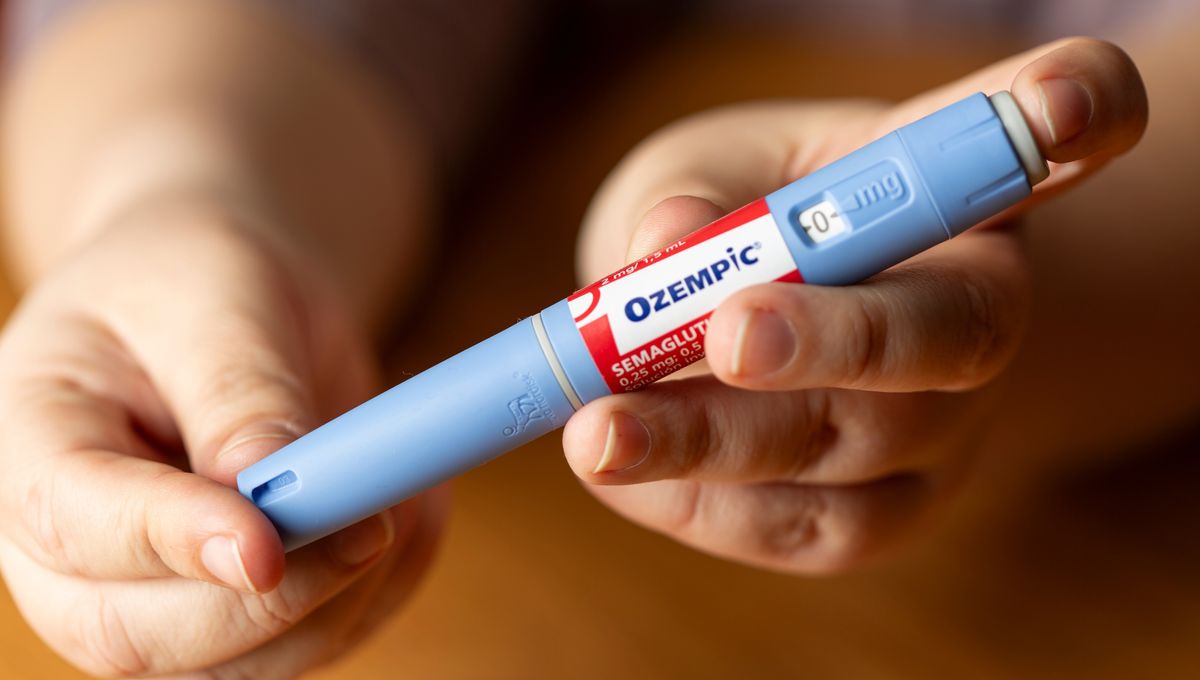
News stories about semaglutide, perhaps better known under brand names like Wegovy and Ozempic, aren’t exactly few and far between at the moment – but the latest story comes not about the drugs themselves, but as a warning of an uptick in fake versions of them.
On June 19, the World Health Organization (WHO) issued a medical product alert – a warning about the circulation of dangerous medical products – after fake batches of Ozempic were detected in regulated supply chains in Brazil, the UK, and the US late last year.
“WHO advises healthcare professionals, regulatory authorities and the public be aware of these falsified batches of medicines,” said Dr Yukiko Nakatani, WHO Assistant Director-General for Access to Medicines and Health Products in a statement. “We call on stakeholders to stop any usage of suspicious medicines and report to relevant authorities”.
According to the WHO, there’s been an increase in reports of counterfeit semaglutide products across the globe since 2022, although this is the first time that the organization has issued a notice about the problem.
It comes amidst an increased demand for the drugs, which have gained popularity as a treatment for weight loss and type 2 diabetes. Semaglutide products work by mimicking a natural hormone called glucagon-like peptide-1 (GLP-1), which helps to slow down digestion, decrease appetite, and regulate insulin.
Successful trials of such products have seen approvals from organizations like the FDA, but the WHO currently doesn’t recommend them on the basis that they’re very expensive; at the start of 2024, Novo Nordisk, the company that makes Ozempic, jacked up the price of the drug by 3.5 percent to $970 per month.
The parallel reports of an increase in demand and also fake products are then, perhaps, unsurprising. But while counterfeit versions of the injectable drug might be cheaper, they could also be dangerous.
“[I]f the products don’t have the necessary raw components, falsified medicines can lead to health complications resulting from unmanaged blood glucose levels or weight,” said WHO. “In other cases, another undeclared active ingredient may be contained in the injection device, e.g. insulin, leading to an unpredictable range of health risks or complications.”
Last year, fake versions of Ozempic were found in the UK and Austria, with health authorities from both reporting that some people had been hospitalized as a result, experiencing hypoglycemia, coma, and seizures after using the fake pens.
In an effort to prevent further incidents, the WHO has recommended that regulatory authorities and healthcare professionals increase monitoring of the drug. For those using Ozempic, it’s advised to avoid acquiring it from unfamiliar sources – like buying it online – and to only get it with a prescription from a licensed physician.
Source Link: WHO Issues Warning On Fake Ozempic Amidst Increasing Reports Of Falsification